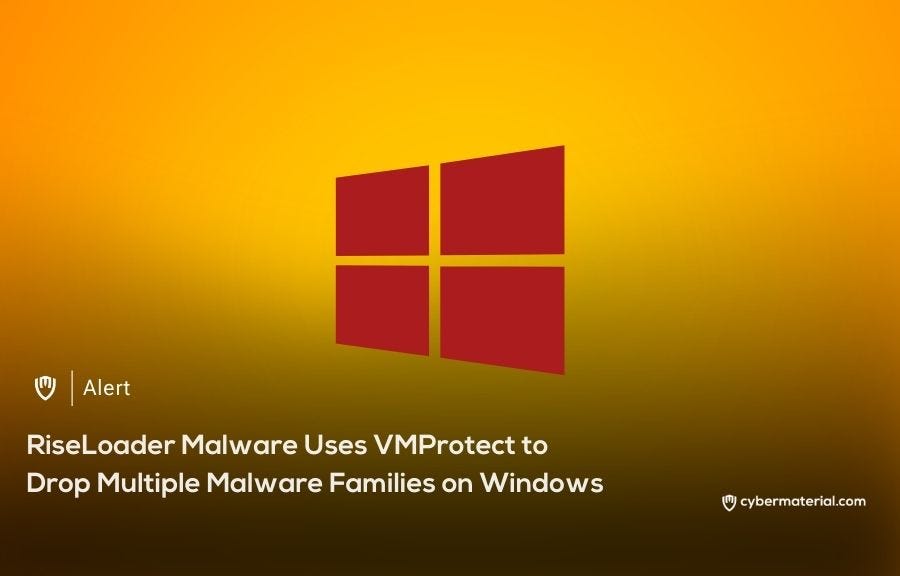
RiseLoader, a new malware family identified in October 2024, has emerged as a serious threat to Windows systems. It employs a custom TCP-based binary protocol, closely resembling its predecessor Rise…

RiseLoader, a new malware family identified in October 2024, has emerged as a serious threat to Windows systems. It employs a custom TCP-based binary protocol, closely resembling its predecessor Rise…